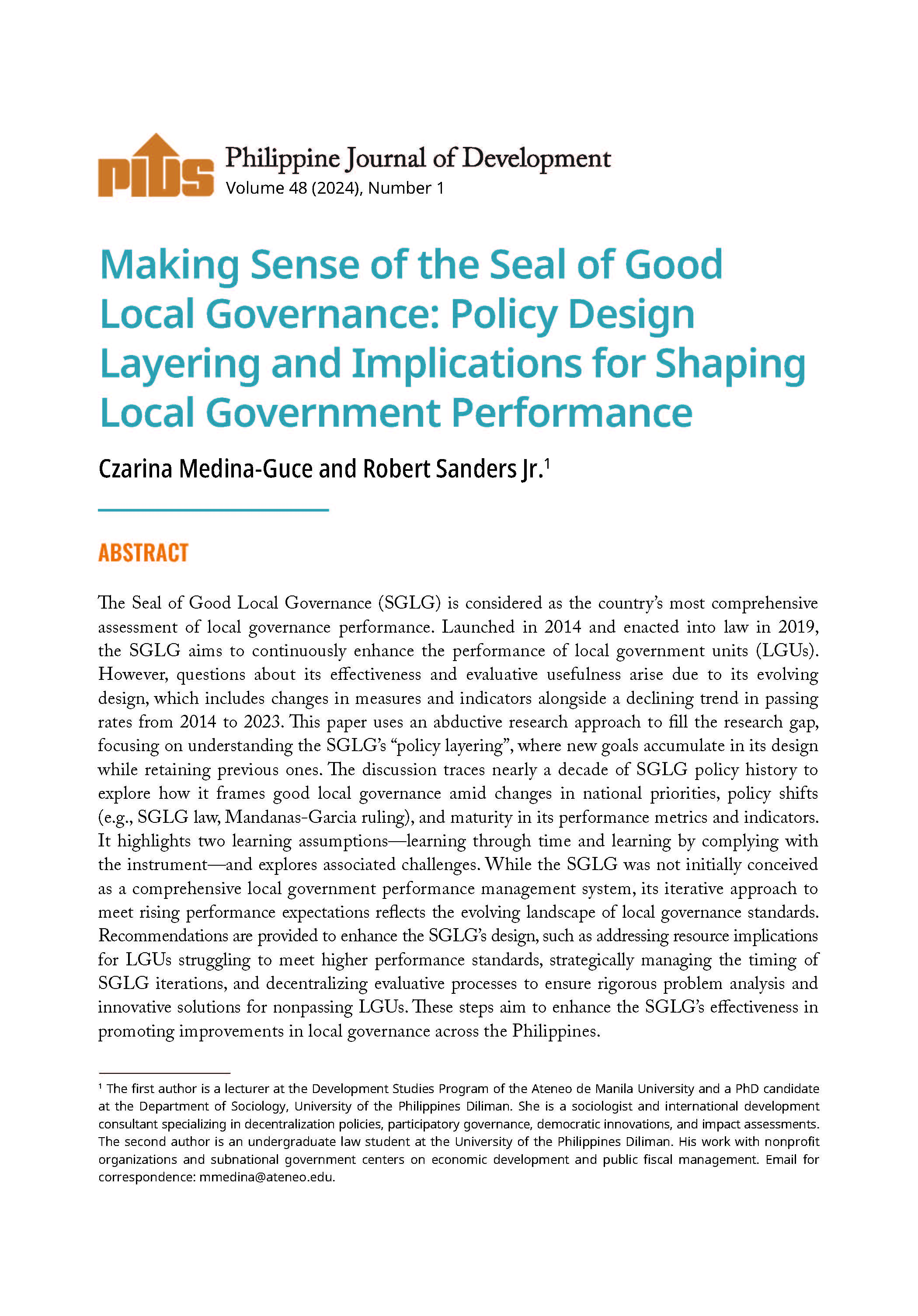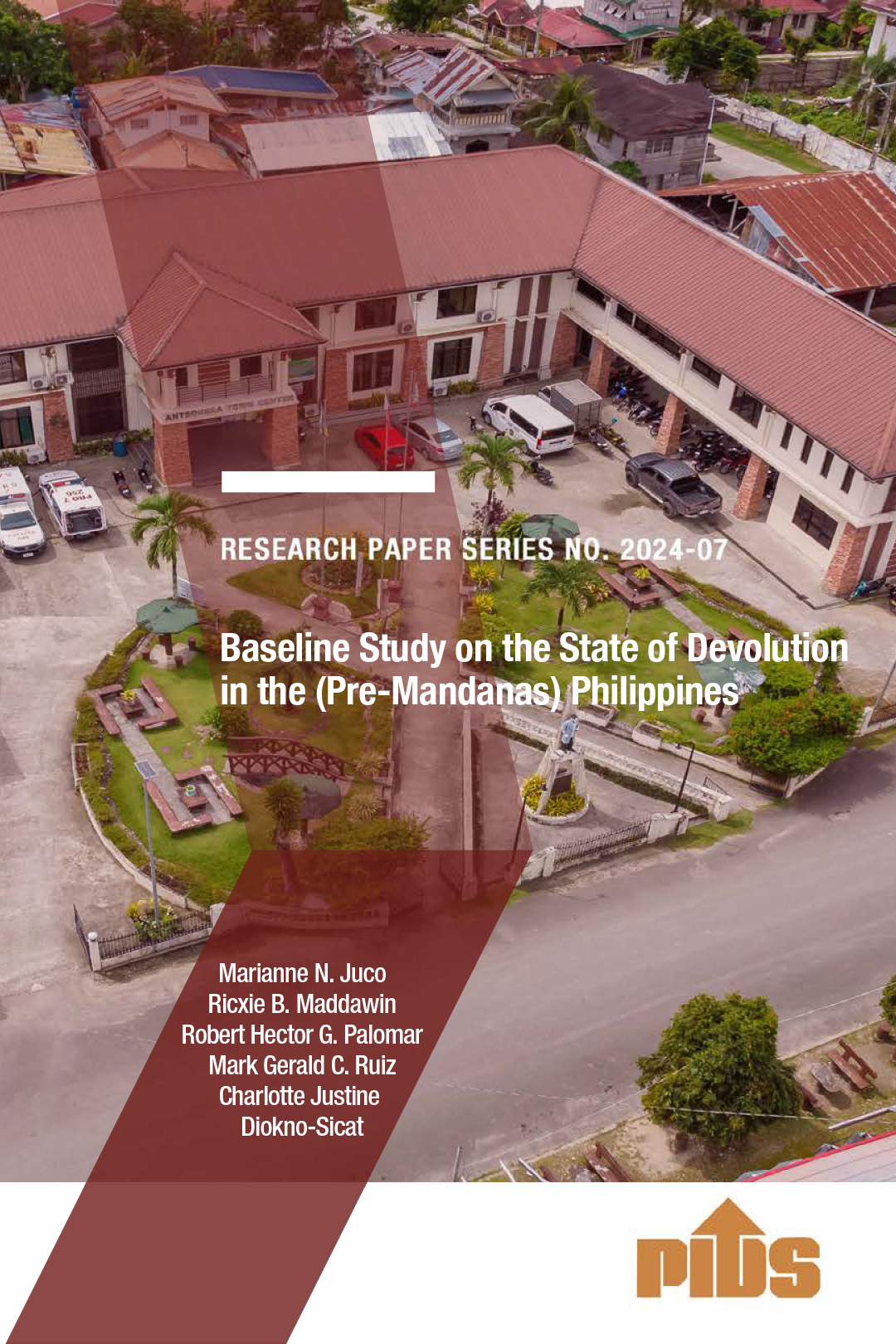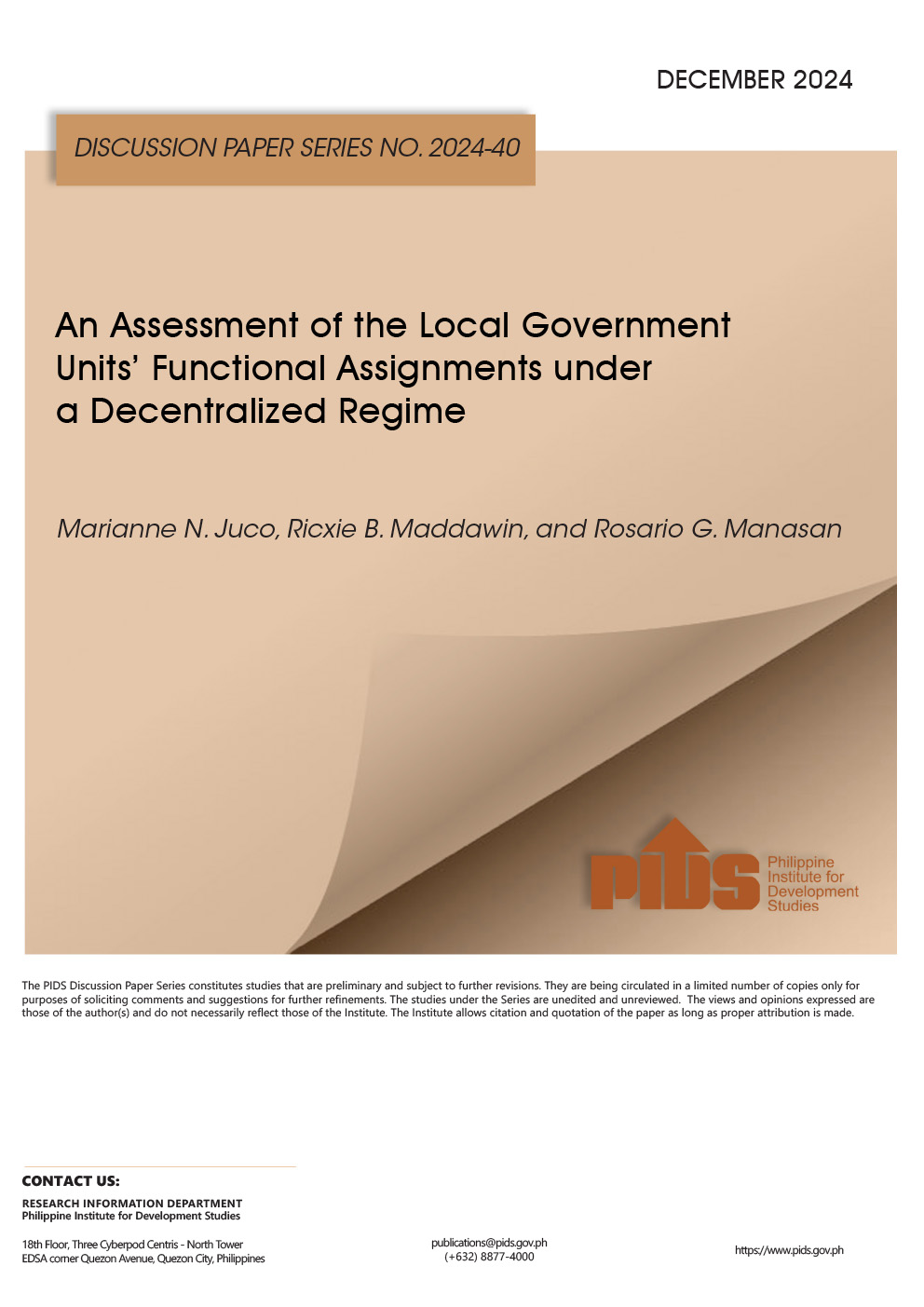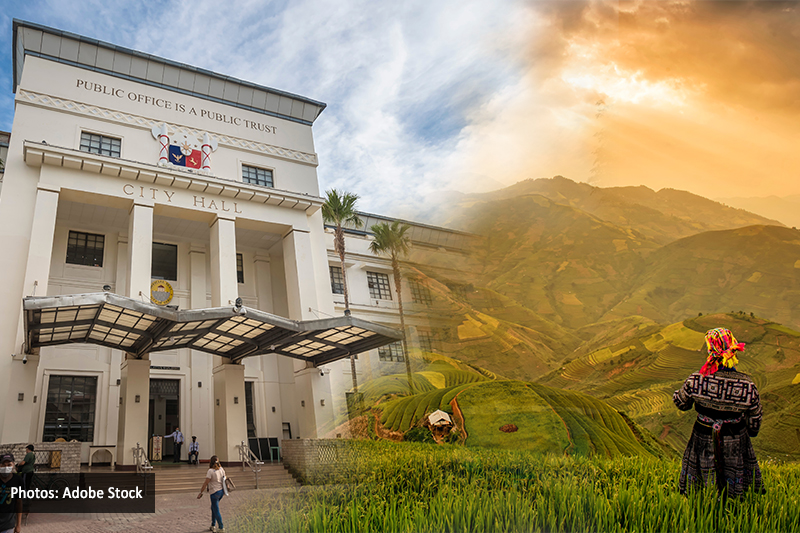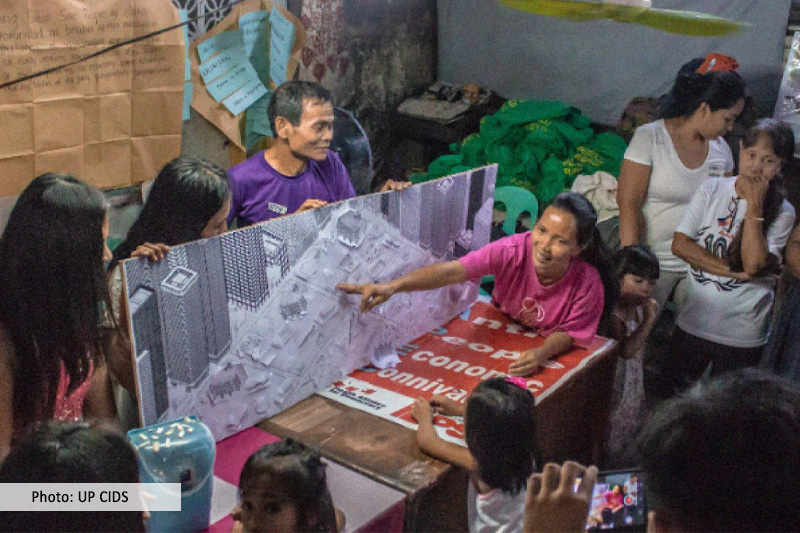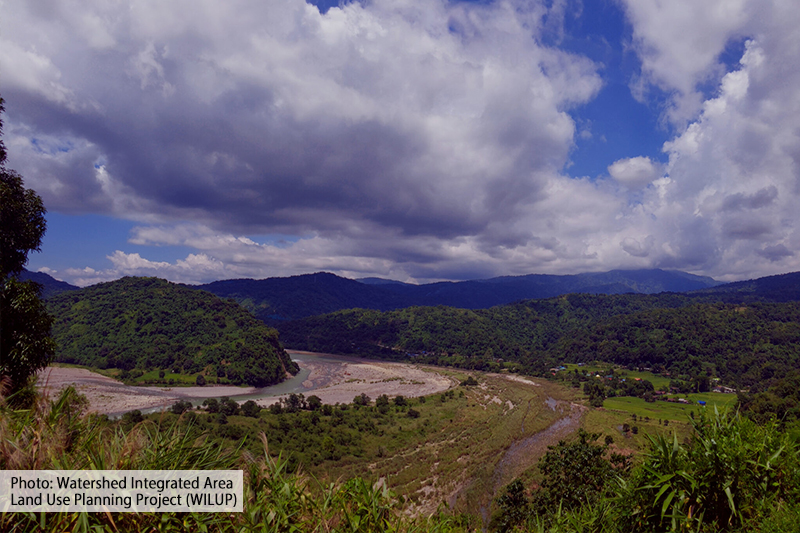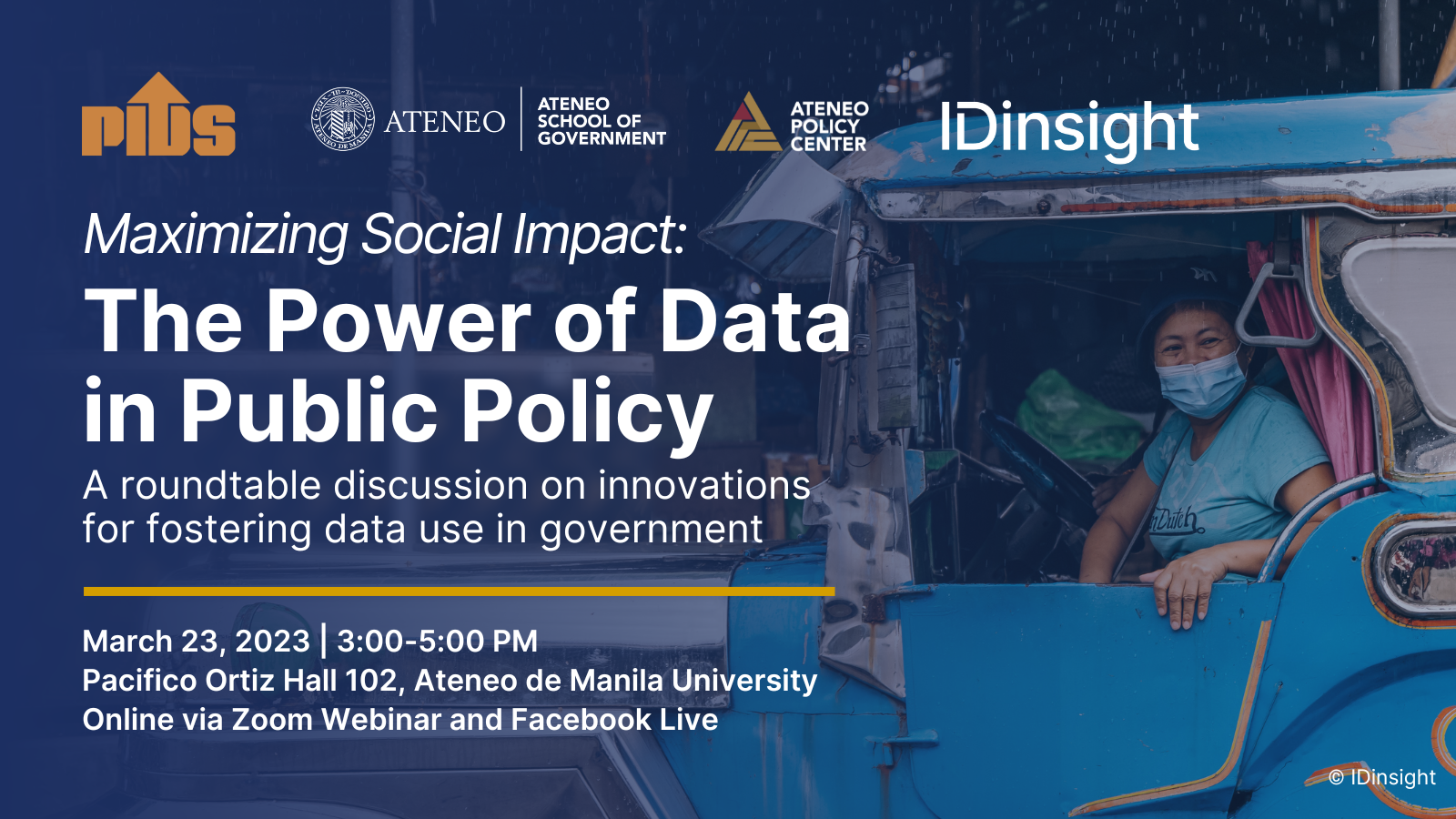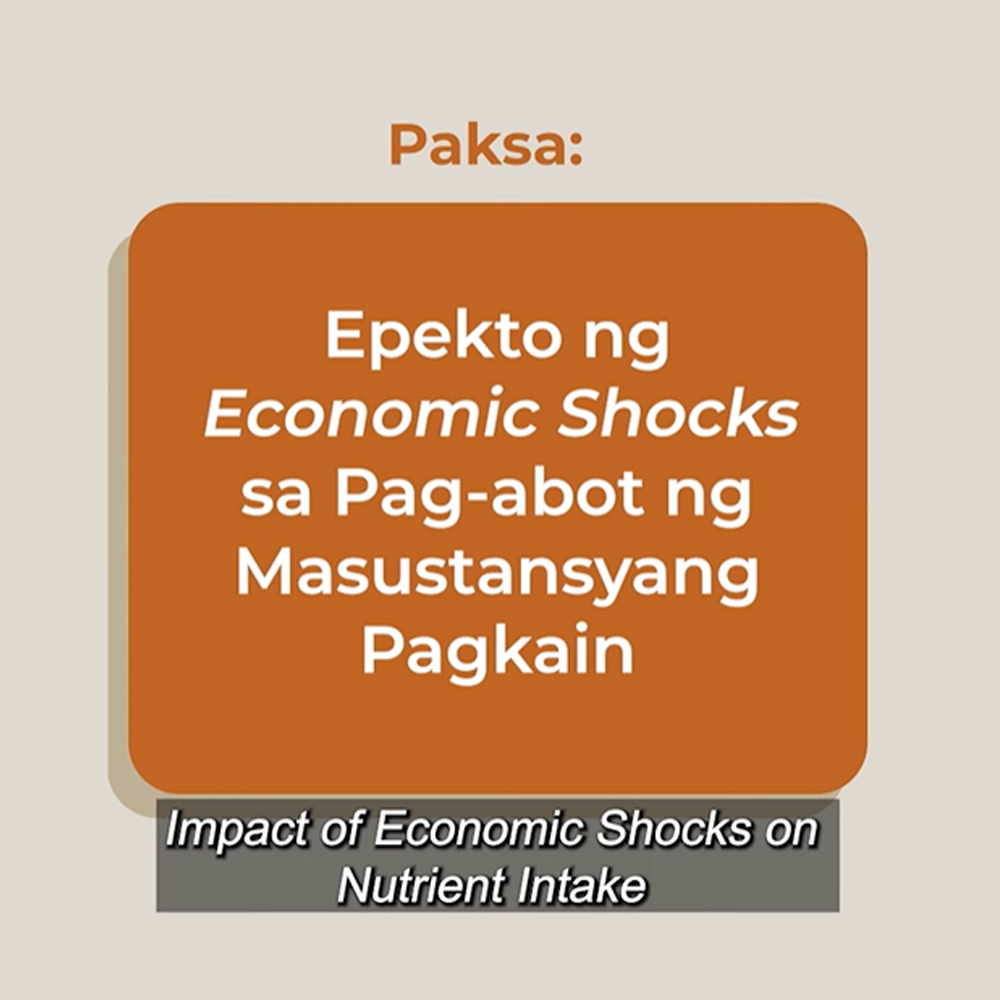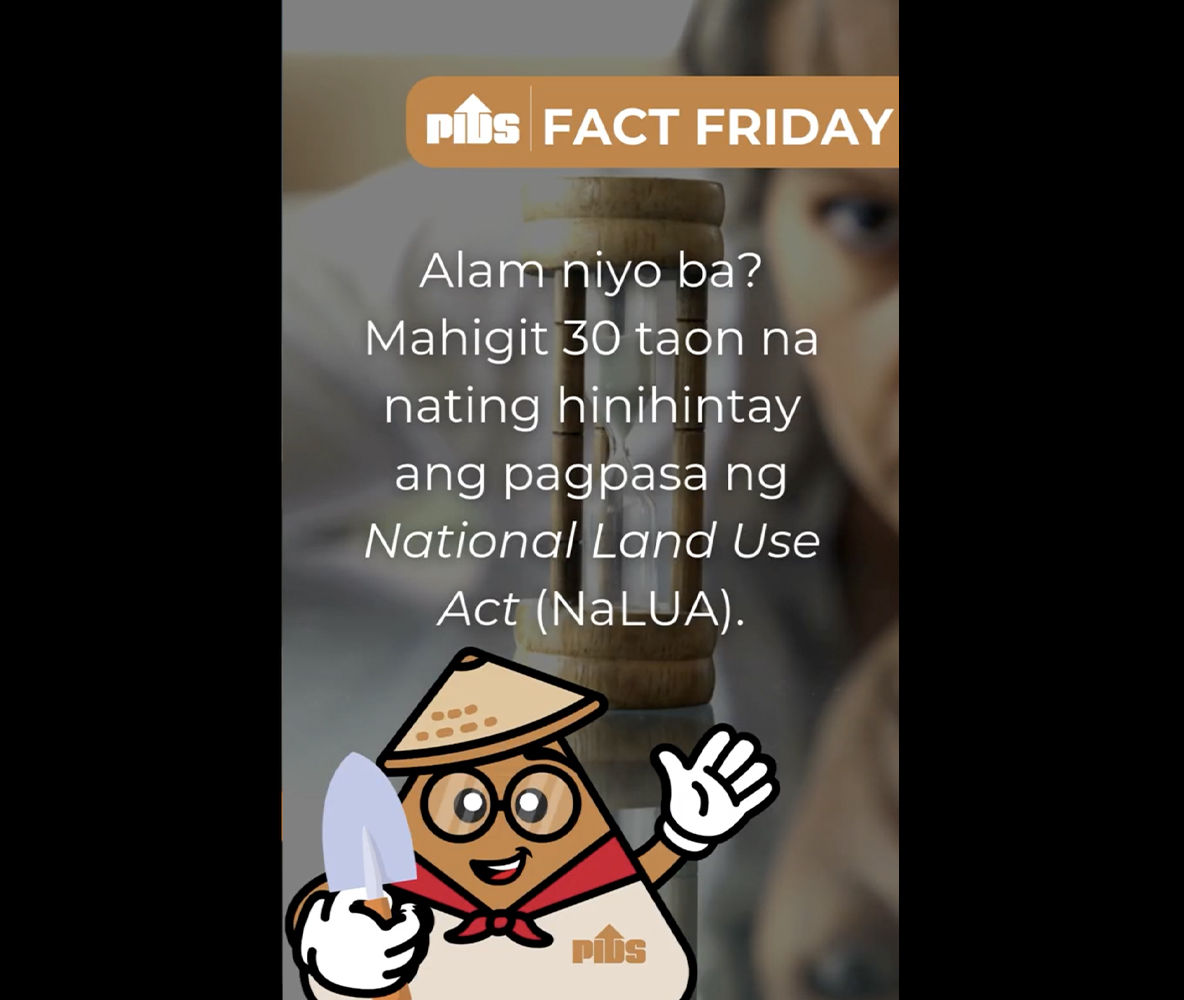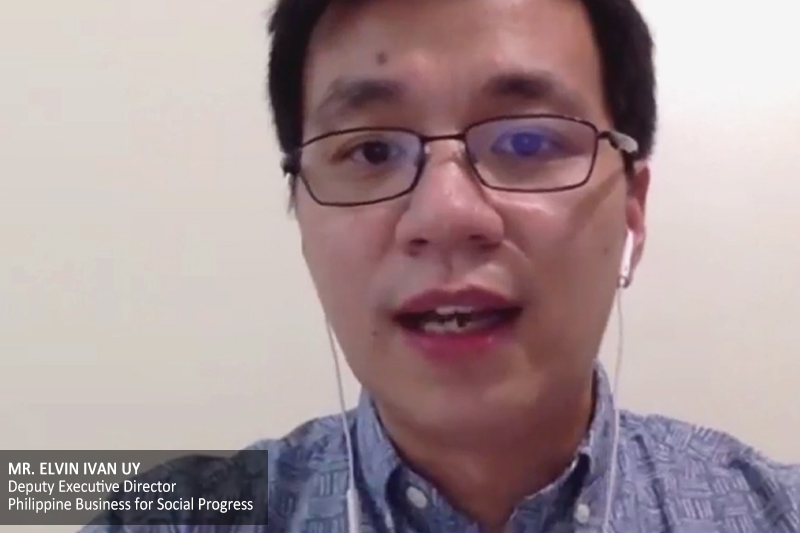
The ongoing pandemic in the country calls for deeper collaboration between the government and civil society.
This is according to Philippine Business for Social Progress Deputy Executive Director Elvin Uy at a webinar organized by the Philippine Institute for Development Studies (PIDS) recently. The webinar presented the findings of a PIDS study that simulated the impacts of the COVID-19 pandemic on poverty and income distribution in the country.
As a country that prides itself on “having one of the most vibrant civil society and non-government sectors”, Uy said the government must tap civil society to ensure that policies are backed by data and reflect the needs of the marginalized.
For instance, a movement led by civil society groups in 2015 that aimed to fight extreme poverty in the country has already shifted to measuring poverty based on expenditure and consumption.
“There are challenges to working with government at different levels—from data collection to the robustness of program implementation, to having a sound framework for monitoring and evaluation, and to having [an] open dialogue about how best we can move forward,” Uy explained.
He pointed out that while the government has implemented solutions to mitigate the impacts of the pandemic on poverty, such as the Social Amelioration Program of the Department of Social Welfare and Development (DSWD), these would only “probably tide [Filipinos] for over the next few months”.
According to Uy, there have to be more sustained solutions from the public, private, and civil society sectors on public health, labor, and education.
For workers, he said a holistic human resource development strategy “that looks at displaced workers who might be underemployed or who might need to be reskilled or upskilled to be able to cope and adjust to the new realities of the various industries and workplaces” needs to be in place.
Uy also stressed that the government's actions will inform the “investments of the private sector and how the development sector will respond”.
Speaking at the same webinar, DSWD Assistant Secretary for Policy and Plans Joseline Niwane echoed a similar sentiment on collaboration with the government.
Niwane stressed the need to focus on the partnership between the national and local governments, particularly in “harnessing context-specific livelihood opportunities”.
Watch the video of this seminar at https://www.facebook.com/PIDS.PH/videos/256956769024542. For more videos of PIDS events, go to https://www.pids.gov.ph/videos.
This is according to Philippine Business for Social Progress Deputy Executive Director Elvin Uy at a webinar organized by the Philippine Institute for Development Studies (PIDS) recently. The webinar presented the findings of a PIDS study that simulated the impacts of the COVID-19 pandemic on poverty and income distribution in the country.
As a country that prides itself on “having one of the most vibrant civil society and non-government sectors”, Uy said the government must tap civil society to ensure that policies are backed by data and reflect the needs of the marginalized.
For instance, a movement led by civil society groups in 2015 that aimed to fight extreme poverty in the country has already shifted to measuring poverty based on expenditure and consumption.
“There are challenges to working with government at different levels—from data collection to the robustness of program implementation, to having a sound framework for monitoring and evaluation, and to having [an] open dialogue about how best we can move forward,” Uy explained.
He pointed out that while the government has implemented solutions to mitigate the impacts of the pandemic on poverty, such as the Social Amelioration Program of the Department of Social Welfare and Development (DSWD), these would only “probably tide [Filipinos] for over the next few months”.
According to Uy, there have to be more sustained solutions from the public, private, and civil society sectors on public health, labor, and education.
For workers, he said a holistic human resource development strategy “that looks at displaced workers who might be underemployed or who might need to be reskilled or upskilled to be able to cope and adjust to the new realities of the various industries and workplaces” needs to be in place.
Uy also stressed that the government's actions will inform the “investments of the private sector and how the development sector will respond”.
Speaking at the same webinar, DSWD Assistant Secretary for Policy and Plans Joseline Niwane echoed a similar sentiment on collaboration with the government.
Niwane stressed the need to focus on the partnership between the national and local governments, particularly in “harnessing context-specific livelihood opportunities”.
Watch the video of this seminar at https://www.facebook.com/PIDS.PH/videos/256956769024542. For more videos of PIDS events, go to https://www.pids.gov.ph/videos.

